CPVC v. Copper
ladoladi
13 years ago
Related Stories

Shop Houzz: Inner PDX Industrial
Hardy surfaces, natural elements and off-kilter soft flourishes make up the urban Portland look
Full Story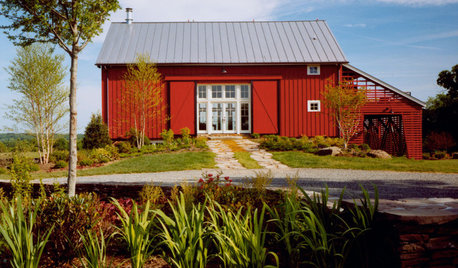
EXTERIOR COLORWhen to Paint Your Home Red
Bring on the energy — with red on its exterior, your home can stir up excitement in any setting
Full Story
GARDENING GUIDESPrunus Virginiana Thrives Under Deciduous Trees
Plant chokecherry for showy white flowers favored by native bees in spring, and to provide nesting habitat and food for birds
Full Story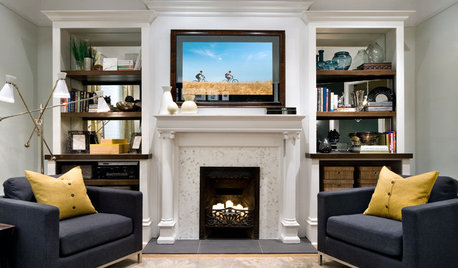
HOME TECHSave Your Decor — Hide Your Media Stuff
When you tuck boxes, wires and speakers into walls and ceilings, all you'll notice is your favorite shows or music
Full Story
Video Gift Guide: 22 Great Ideas for Everyday Cooks
Make a joy of turning out 3 square meals a day with these stylish kitchen accessories from Houzz
Full Story
Houzz Gifts: 31 Finds for the Chef Who Has Everything
Delight serious cooks with the latest in kitchen gadgets, accessories, cookware and small appliances from Houzz
Full Story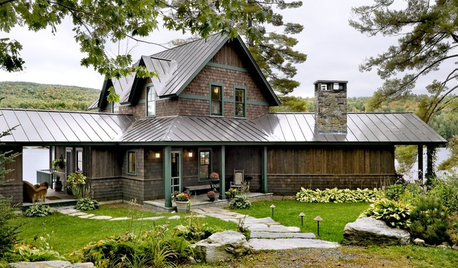
REMODELING GUIDESMaterials: The Advantages of a Metal Roof
Metal reigns in roofing style, maintenance and energy efficiency
Full Story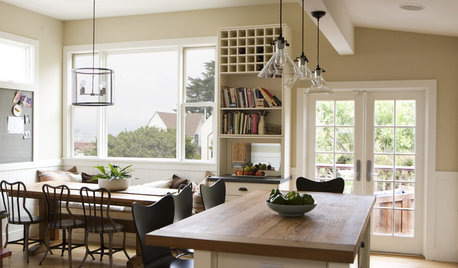
BUDGET DECORATINGBudget Decorator: 15 Ways to Update Your Kitchen on a Dime
Give your kitchen a dashing revamp without putting a big hole in your wallet
Full Story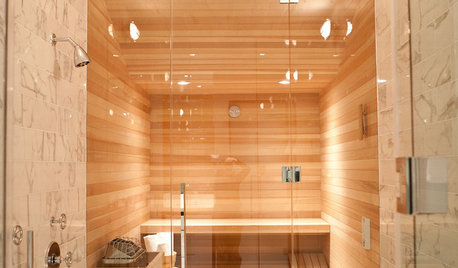
BATHROOM DESIGN15 Ways to Warm Up Your Bathroom for Winter
Keep the chill away in body and spirit with everything from warm colors to high-end bathroom features
Full Story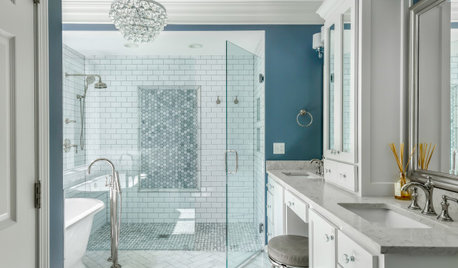
HOUSEKEEPINGHow to Clean a Glass Shower Door
See which tools and methods will keep those glass shower walls and doors sparkling clean
Full StorySponsored
Professional Remodelers in Franklin County Specializing Kitchen & Bath
More Discussions






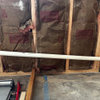
ladoladiOriginal Author
maryland_irisman
Related Professionals
Milford Plumbers · Arlington Handyman · Vienna Handyman · Beachwood Kitchen & Bathroom Remodelers · Eagle Mountain Kitchen & Bathroom Remodelers · Avondale Kitchen & Bathroom Remodelers · Charlottesville Kitchen & Bathroom Remodelers · Chicago Ridge Kitchen & Bathroom Remodelers · Fort Pierce Kitchen & Bathroom Remodelers · Jacksonville Kitchen & Bathroom Remodelers · Las Vegas Kitchen & Bathroom Remodelers · Pearl City Kitchen & Bathroom Remodelers · Port Arthur Kitchen & Bathroom Remodelers · Upper Saint Clair Kitchen & Bathroom Remodelers · Fairmont Kitchen & Bathroom Remodelersasolo
alan_s_thefirst